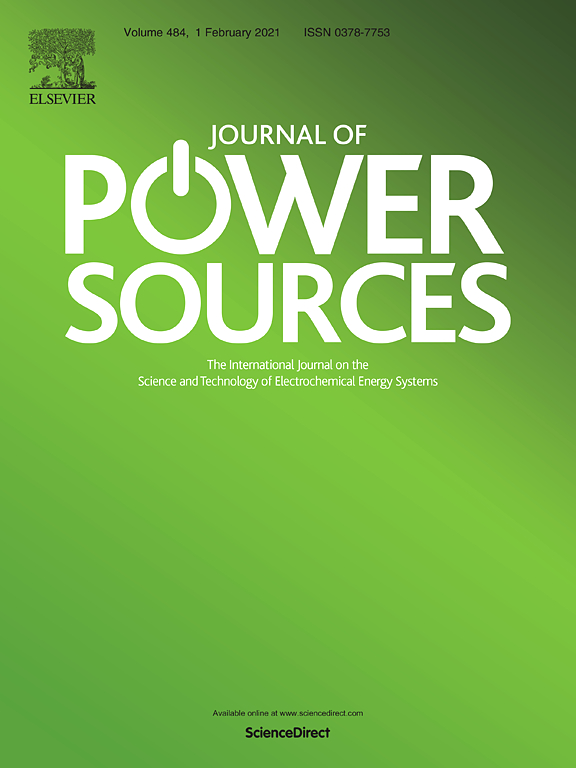|

| 摘要: Accurate lithium battery diagnosis and prognosis are critical to increase penetration of electric vehicles and grid-tied storage systems. They are both complex due to the intricate, nonlinear, and path-dependent nature of battery degradation. Data-driven models are anticipated to play a significant role in the behavioral prediction of dynamical systems such as batteries. However, they are often limited by the amount of training data available. In this work, we generated the first big data comprehensive synthetic datasets to train diagnosis and prognosis algorithms. The proof-of-concept datasets are over three orders of magnitude larger than what is currently available in the literature. With benchmark datasets, results from different studies could be easily equated, and the performance of different algorithms can be compared, enhanced, and analyzed extensively. This will expend critical capabilities of current AI algorithms, tools, and techniques to predict scientific data. |
部分图片:
|
| 
图1 (a) Mechanistic model principles to emulate every possible degradation with example of the prognosis dataset calculation for two different paths for a Gr//LFP cell with (b) the triplet variations, (c) the reconstructed capacity loss, and (d) the voltage variations for path 1. Only partial degradation calculations were represented in (a) for illustration purposes. | 
图2 (a) Emulation of the impact of temperature at C/5 for a Gr//NCA cell from Ref. , and (b) Electrode matching with a blended Gr-Li electrode with the Li outside of the potential window as a reserve. Evolution of (c) LLI and LAMNE depending on the reversibility of lithium plating (0%, 50% or 100%) and (d) the associated capacity loss. | 引文信息: Matthieu Dubarry,David Beck. Big data training data for artificial intelligence-based Li-ion diagnosis and prognosis[J]. Journal of Power Sources,2020,479. (下载链接) | 其他相关论文: 1. Zhang Y , Xiong R , He H , et al. Long Short-Term Memory Recurrent Neural Network for Remaining Useful Life Prediction of Lithium-Ion Batteries[J]. IEEE Transactions on Vehicular Technology, 2018:1-1.(下载链接)
2. Liu,Aoife M. Foley,Alana Zülke,Maitane Berecibar,Elise Nanini-Maury,Joeri Van Mierlo,Harry E. Hoster. Data-driven health estimation and lifetime prediction of lithium-ion batteries: A review[J]. Renewable and Sustainable Energy Reviews,2019,113. (下载链接)
|
|